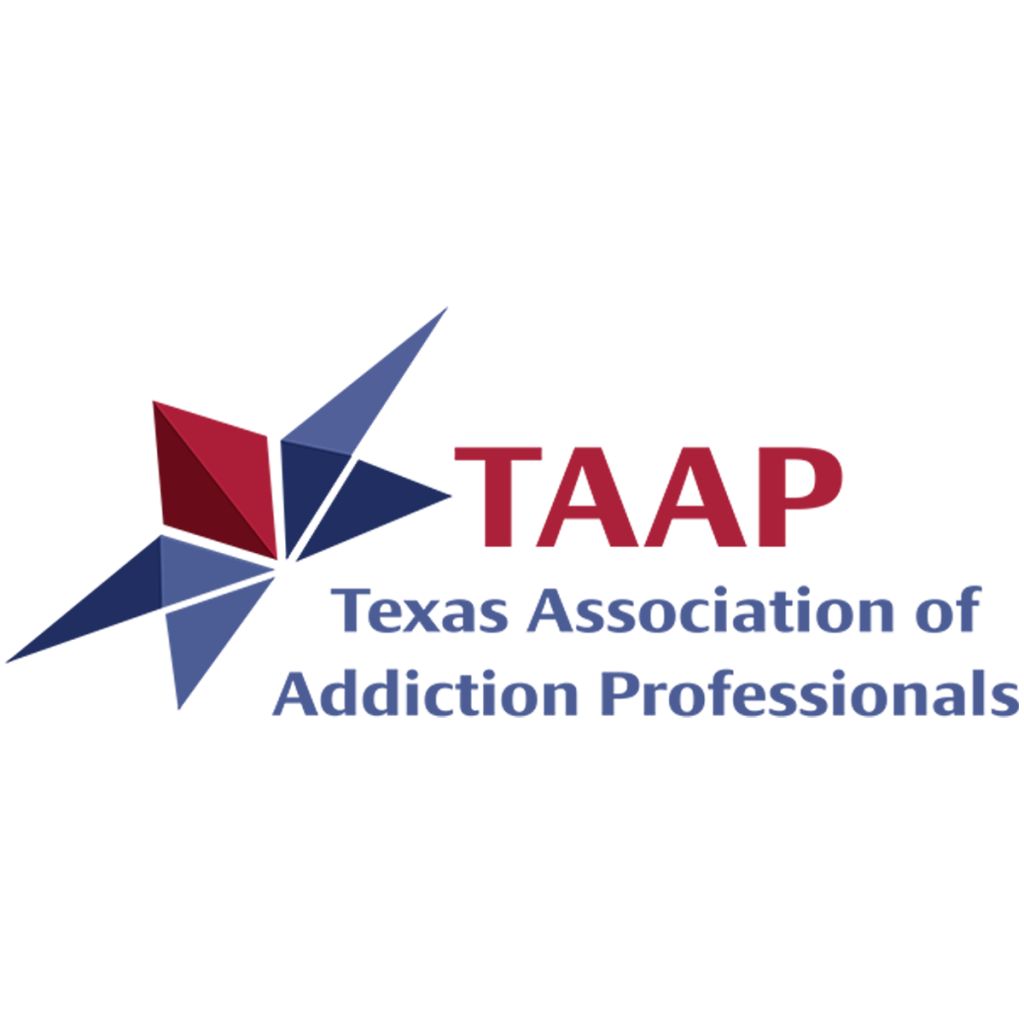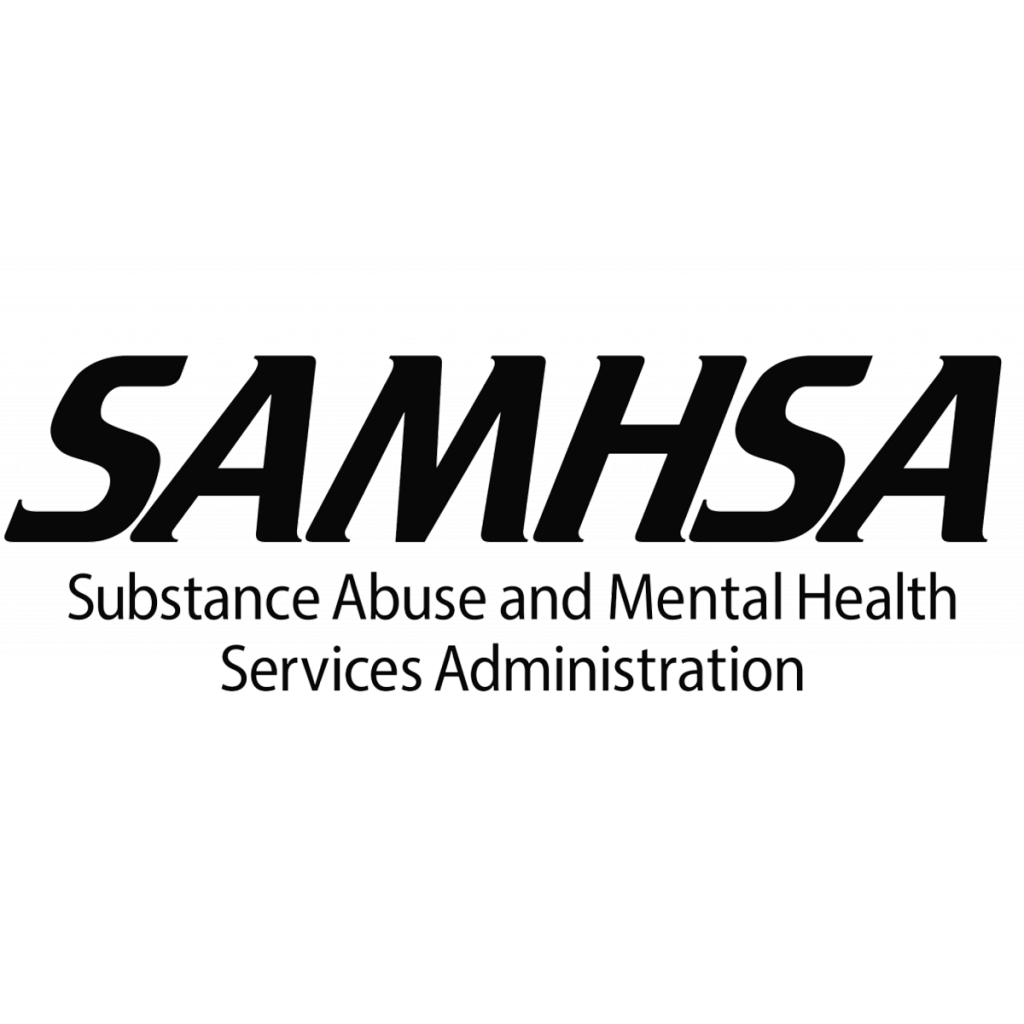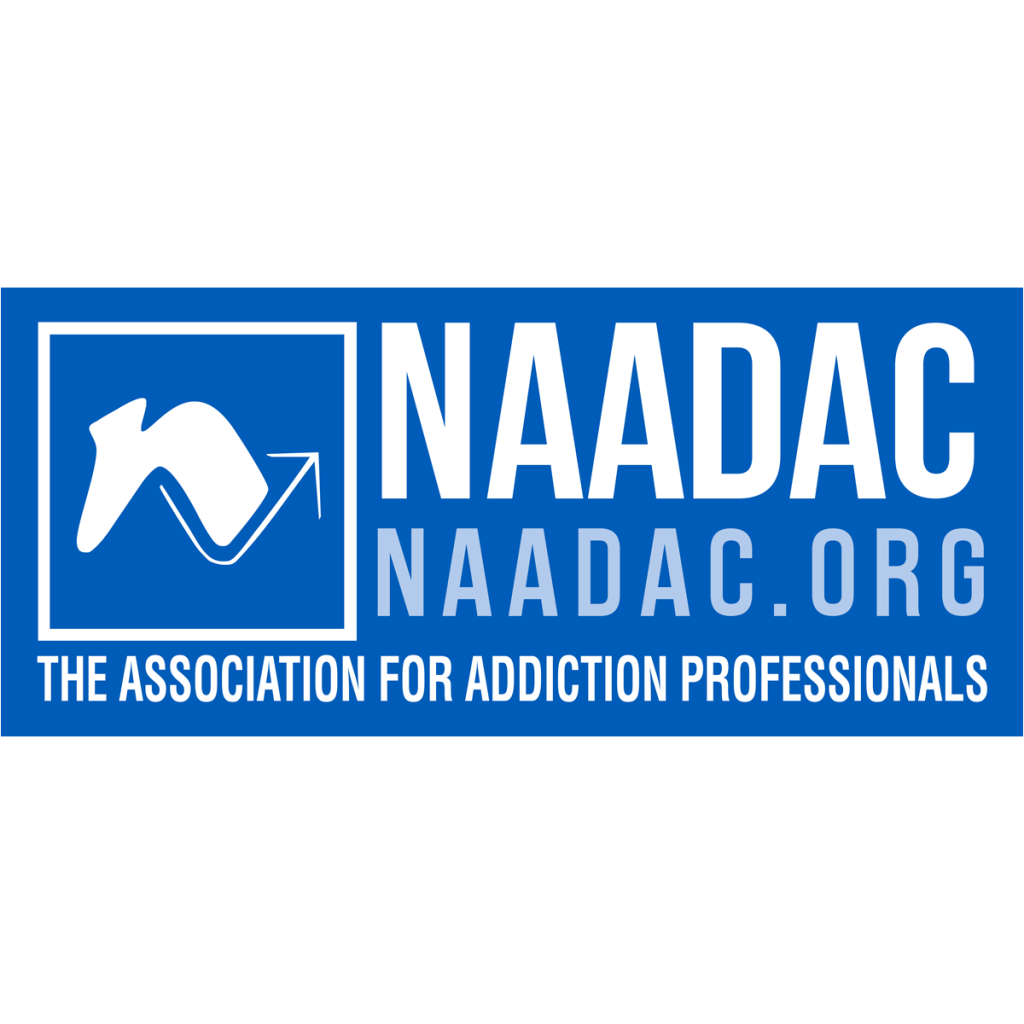Is Alcohol a Depressant?
Table of Contents
Is Alcohol a Depressant?
Although it’s not commonly thought of as a drug, alcohol is one of the most frequently abused drugs in the U.S. Like other drugs, alcohol can be classified chemically, based on its effects on the human body. Knowing a drug’s chemical classification can help users understand how it may affect their health. This includes both immediate effects and future impacts.
In this blog, we will answer the common question, “Is alcohol a depressant?” We will also share more information about alcohol abuse and its risks. Is Alcohol a Depressant?
Alcohol is a type of depressant drug. Its effects on the body depend on how much you drink and how fast. In small amounts, it can boost energy and make you talk more. However, drinking a lot of alcohol can make you feel slow, sleepy, and uncoordinated.
What is Alcohol?
Ethanol, better known as alcohol, is a substance that is formed when yeast ferments the sugars in food. You can make different types of alcoholic drinks from various foods. For example, wine comes from grapes, beer from malted barley, cider from apples, and vodka from potatoes. The amount of alcohol in these drinks can range from 2 percent to over 60 percent.
Alcohol is also in many household items. You can find it in mouthwash, hand sanitizer, perfume, and windshield wiper fluid, among others
Alcohol is a drug. In low doses, it acts as a stimulant. In high doses, it depresses the central nervous system. In extremely high doses or when combined with other drugs, it can be lethal. The symptoms of drinking alcohol depend on a person’s blood alcohol concentration (BAC). A BAC higher than 400 mg/dL can slow or stop breathing. It can also cause a coma or even lead to death.
It is possible to drink alcohol responsibly. You can enjoy it without getting drunk or addicted. However, many people misuse it.
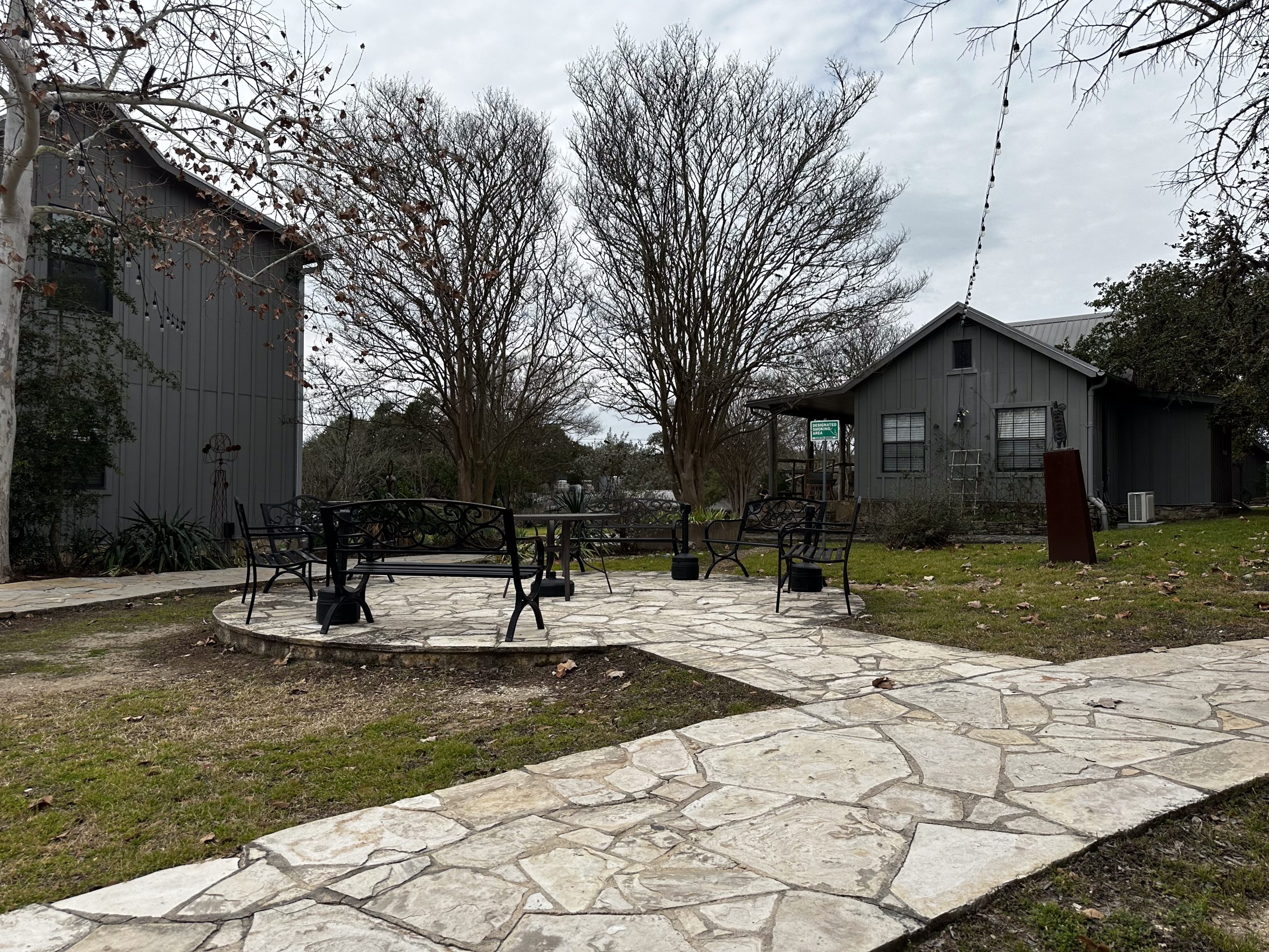

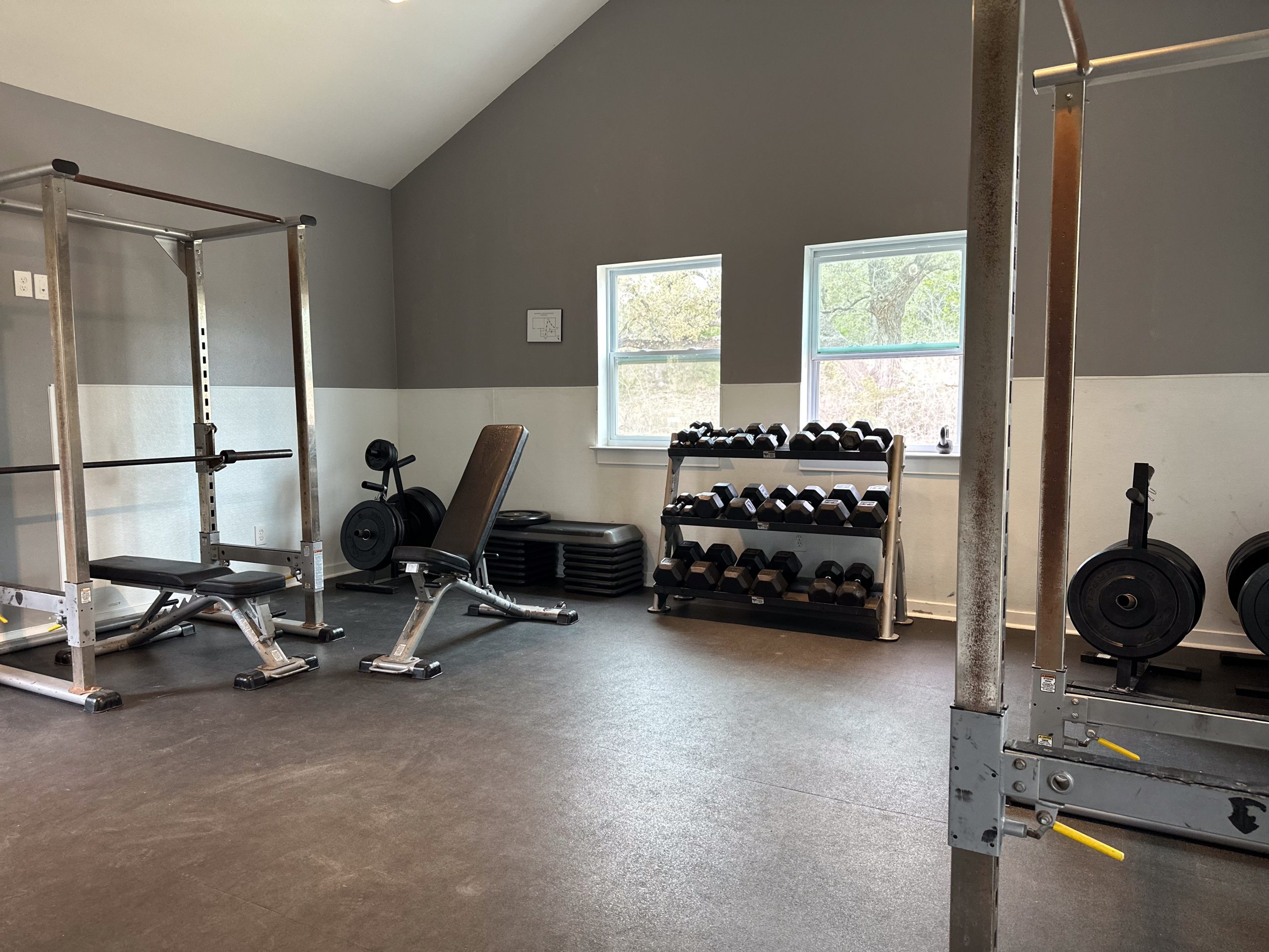



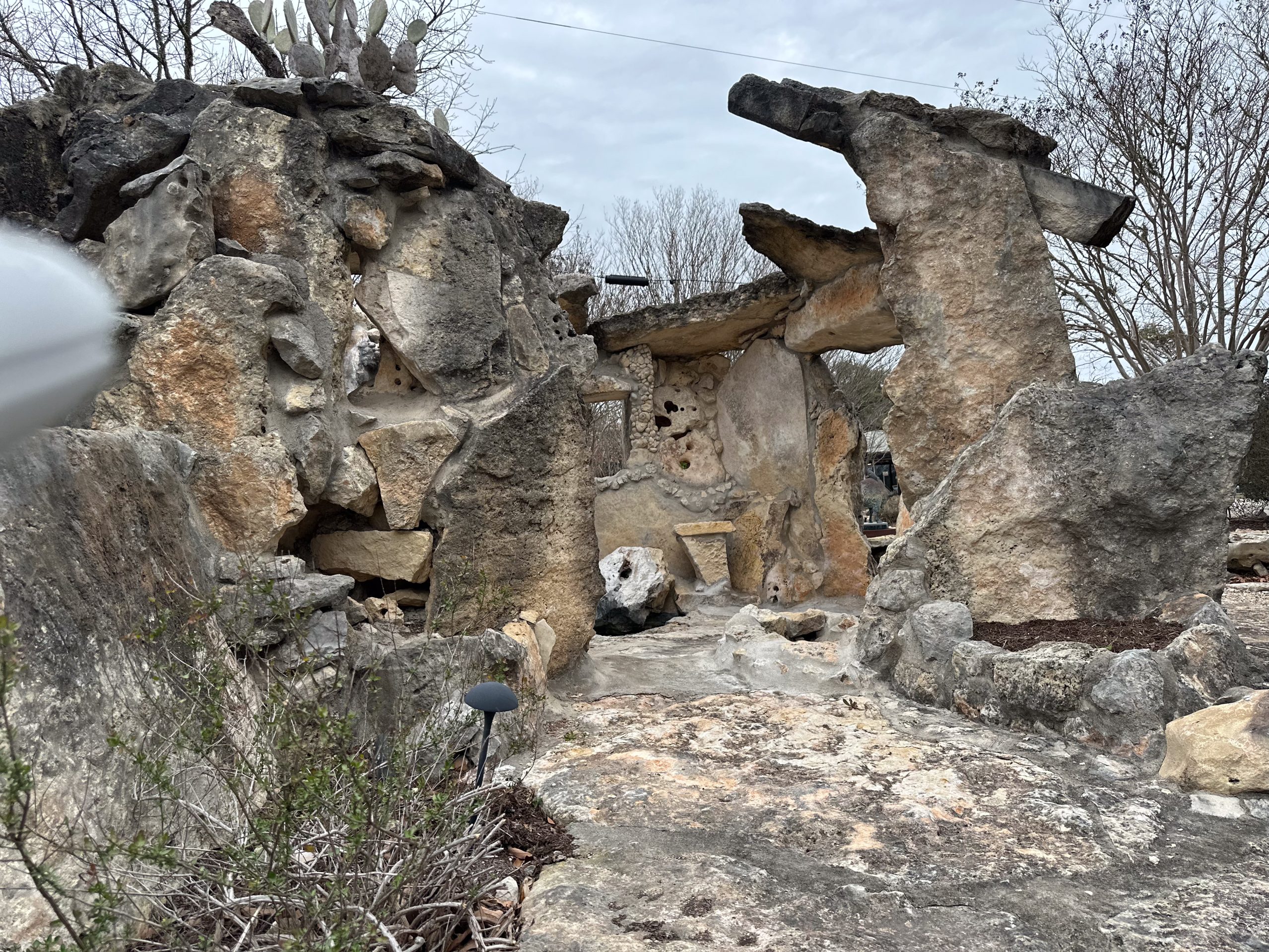
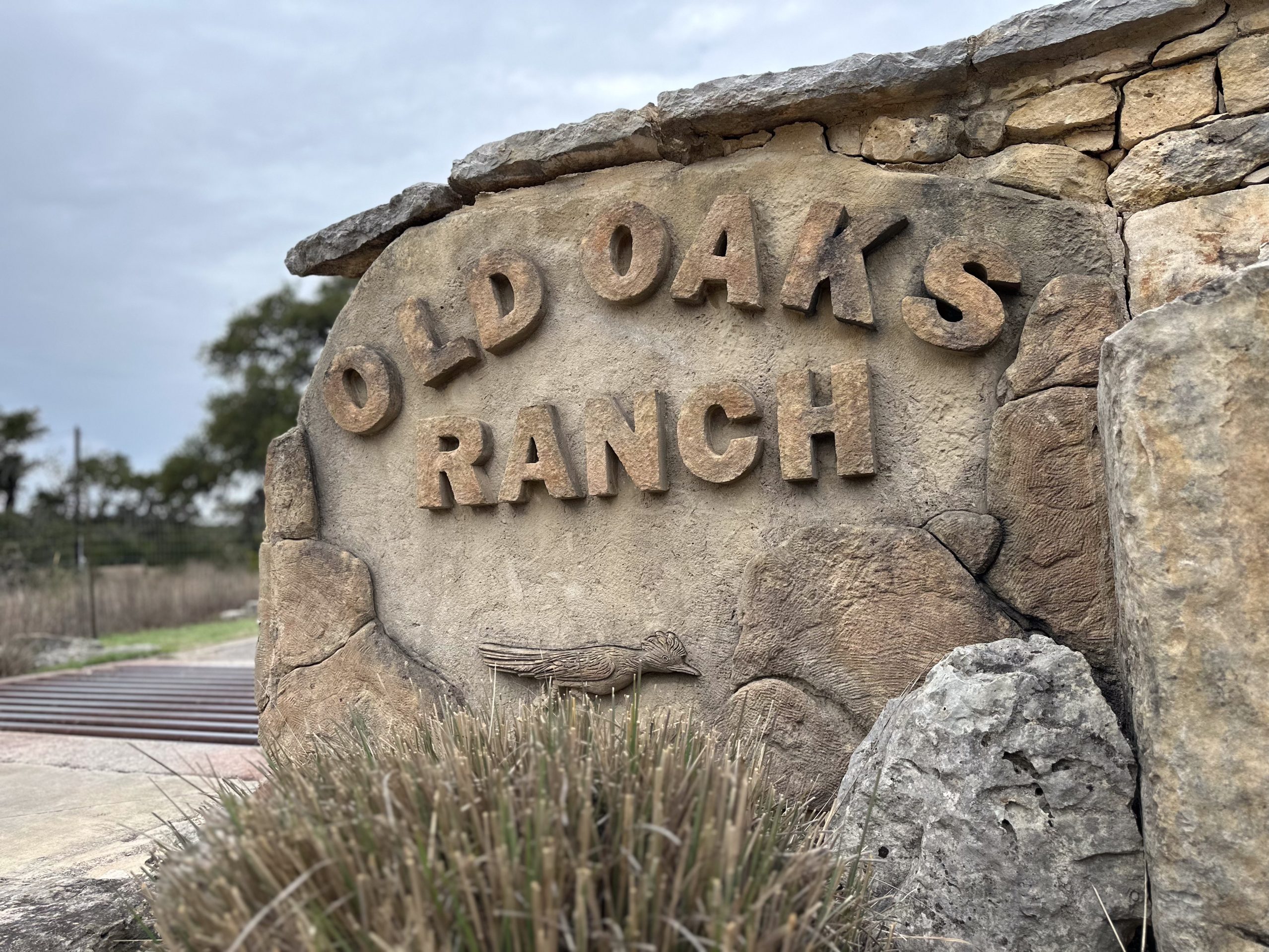

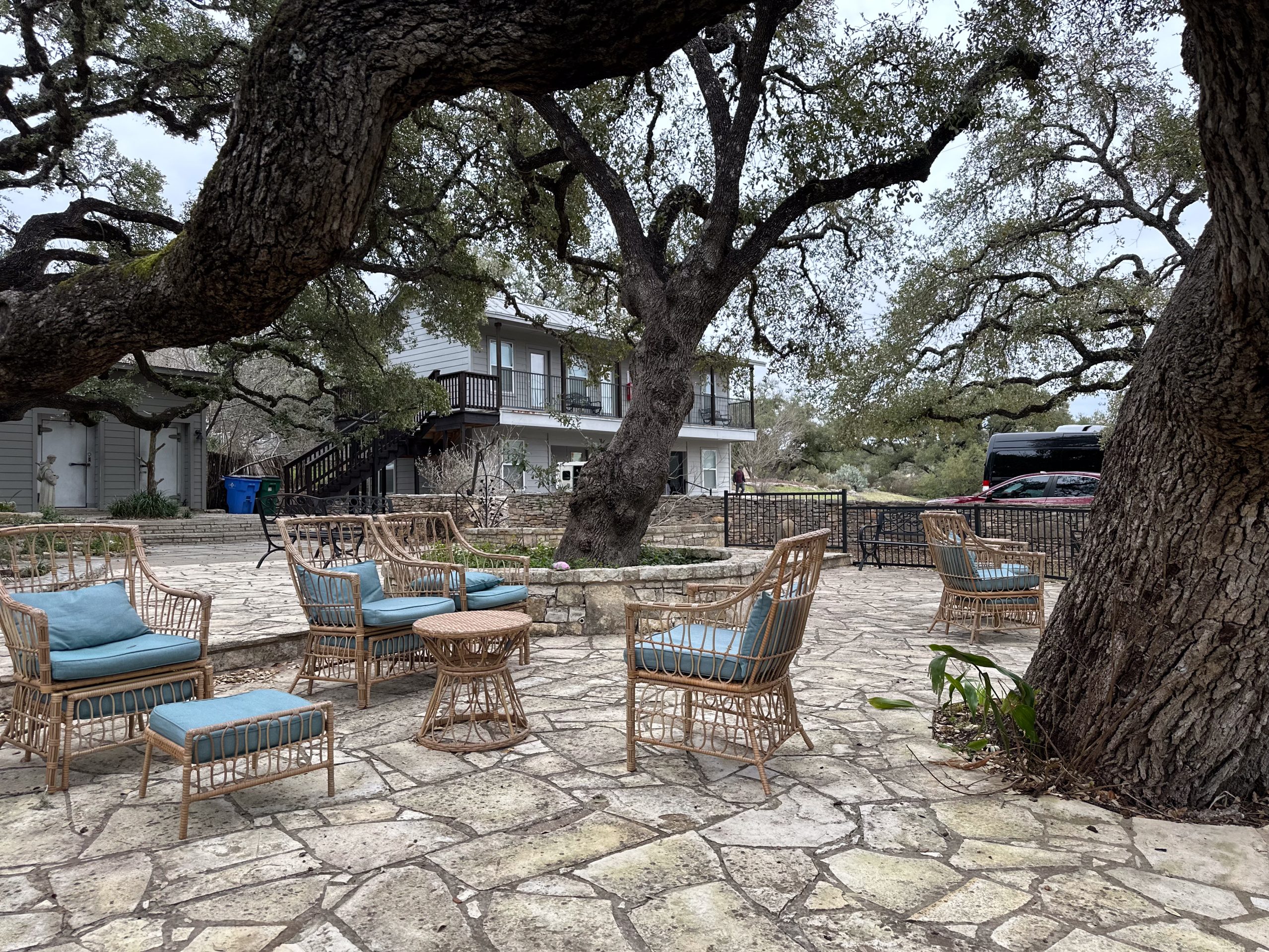
What is a Depressant?
A depressant is a type of drug that slows brain activity and provides a calming and sedating effect. Alcohol is a depressant. When people drink a lot of it, it can slow down important body functions. This can cause slurred speech, confused thoughts, slow reactions, and poor coordination. Other depressant drugs include illegal ones like heroin or cannabis. They also include prescription medications for anxiety and sleep problems.
Side Effects of Alcohol Abuse
Alcohol abuse has many negative side effects that may be experienced immediately after consuming it or years down the road. The Centers for Disease Control and Prevention (CDC) defines excessive alcohol consumption as:
- Binge drinking (a pattern of drinking that consists of 4 to 5+ drinks within a two-hour period)
- Heavy drinking (8 to 15+ drinks per week)
- Any alcohol use among individuals under the age of 21
- Any alcohol use among pregnant women
The immediate negative side effects of alcohol abuse include
- Flushed skin
- Lowered inhibitions
- Impaired vision and hearing
- Loss of physical coordination
- Problems concentrating
- Slowed brain activity
- Drowsiness
- Mood swings
- Increased blood pressure and heart rate
- Reduced body temperature
- Dilated pupils
- Trouble walking
- Loss of consciousness
- Vomiting
- Slow, irregular, or shallow breathing
Some of the short-term health risks of excessive alcohol use include
- Physical injuries
- Violent behavior
- Alcohol poisoning
- Risky sexual behaviors
- STDs
- Unplanned pregnancies
- Miscarriage and stillbirth (among pregnant women)
Some of the long-term health risks of excessive alcohol use include
- High blood pressure
- Heart disease
- Liver disease
- Digestive problems
- Stroke
- Cancer (mouth, breast, throat, esophagus, liver, and colon)
- Memory problems and learning difficulties
- Depression
- Anxiety
- Family/relationship problems
- Unemployment
- Physical dependence
- Alcohol use disorder (alcohol addiction)
To prevent these harmful side effects and health problems, people should either drink responsibly or choose not to drink at all.
Other Commonly Abused Depressants
Alcohol is not the only type of depressant drug that people misuse. There are several other types of depressant drugs that are frequently abused, including illegal drugs and prescription drugs.
Freedom Starts Here. Take Back Your Life Today.
Same-Day Admissions in Austin Available.
Treatment for Alcohol Addiction
Alcohol addiction is a chronic disease of the brain and often requires professional treatment to overcome. If you or someone you know has a problem with alcohol, a medically-assisted detox program can help. This program safely treats and manages withdrawal symptoms. It also offers individual and group counseling. These services prepare you for a residential or outpatient rehab program.
Inpatient alcohol detox is not only safer and more comfortable but it also greatly reduces your risk for relapse. Treatment staff will give you advice for ongoing care in residential or outpatient rehab. They will also help you enroll, so you don’t have to stress about finding a rehab center after detox.
Over 15 million Americans struggle with alcohol addiction. Each year, about 88,000 people die from alcohol-related issues Don’t become another statistic. Instead, reclaim your life from addiction and start living a healthy, happy, and sober life. Call (888) 429-1692 to speak with an admissions representative at Nova Recovery Center to start your treatment today.
Related Topics or Scroll Down to Continue Reading
Frequently Ask Alcohol Depression Questions
Despite some early “buzz” effects, alcohol is classified as a central nervous system (CNS) depressant. It slows down your brain and spinal cord activity, impacting movement, speech, and thought processes
Alcohol enhances the inhibitory neurotransmitter GABA and inhibits excitatory neurotransmitters like glutamate, collectively slowing neural transmission. This leads to decreased alertness, relaxation, impaired coordination, and slowed reaction time
Yes. Alcohol reduces the speed and efficiency of your CNS. As your blood alcohol level goes up, you may notice slurred speech, slow reflexes, and trouble thinking clearly. You might also feel drowsy. These are all signs of CNS depression
By potentiating GABA and dampening glutamate, alcohol calms neuron activity. While it may raise dopamine levels for a short time, the main effect is slowing brain signals. This reduces thinking and movement skills
In small doses, alcohol can release dopamine, leading to sensations like increased sociability, confidence, and mild energy. Your heart rate and blood pressure may spike slightly—these are the perceived “upper” effects. However, these are short-lived; as BAC increases, depressant effects quickly take over
Absolutely. Although it may offer temporary relief, alcohol exacerbates underlying depression—by disrupting neurotransmitter balance, worsening sleep quality, and impairing mood regulation. This can fuel a cycle of negative emotions and increased alcohol use
More Time. More Joy. More You. Start Now.
WE ACCEPT MOST INSURANCES







Our Drug and Alcohol Rehab Services in Texas
Freedom Starts Here. Take Back Your Life Today.
Same-Day Admissions in Austin Available.
Nova’s Comprehensive Continuum of Care Plan
90-Day Residential Alcohol and Drug Rehab

Our 90-day residential drug and alcohol rehab in Austin center provides a safe, comfortable, and supportive space for you to heal, learn, and recover. Unlike other 30 or 60-day programs, our long-term rehab program gives you more time to adjust to a new way of living, more time to practice the mental and spiritual tools you will use outside of rehab, and more time to acclimate into a recovery community. This 90-day time span promotes genuine and lasting change for sobriety that lasts long after inpatient rehab ends.
Drug and Alcohol Detox

Our medical detox programs treat all kinds of addictions and are tailored to meet your individual needs. We use a comprehensive assessment to design a personalized detox program that will ensure your comfort and safety throughout the withdrawal process. You’ll also have the opportunity to begin individual and group therapy to address any emotional issues and prepare for the transition into a rehab program. We believe this process provides the best foundation for continued sobriety.
Aftercare Program and IOP

Our Intensive Outpatient and Aftercare programs are designed to assist those who have graduated from our inpatient residential facility. Group sessions are available in Austin and Houston and provide structured addiction treatment sessions and recovery counseling in a safe, clinical setting. The first year of recovery can be difficult, but these support groups provide consistency, accountability, and peer support at a time when it’s needed most.
Sober Living Apartments

The transition from a residential rehab center into independent sober life is littered with obstacles. For this reason, we provide sober living homes and support programming for clients who need continued support as they make the transition. With regular drug and alcohol screenings, one-on-one sobriety coaching, and a safe, comfortable place to practice relapse prevention strategies, our sober living program is key to achieving an independent, substance-free life.
More Time. More Joy. More You. Start Now.
WE ACCEPT MOST INSURANCES

















